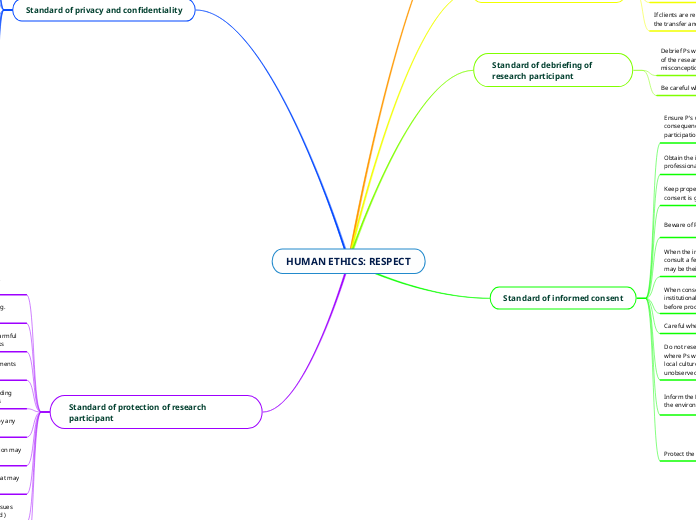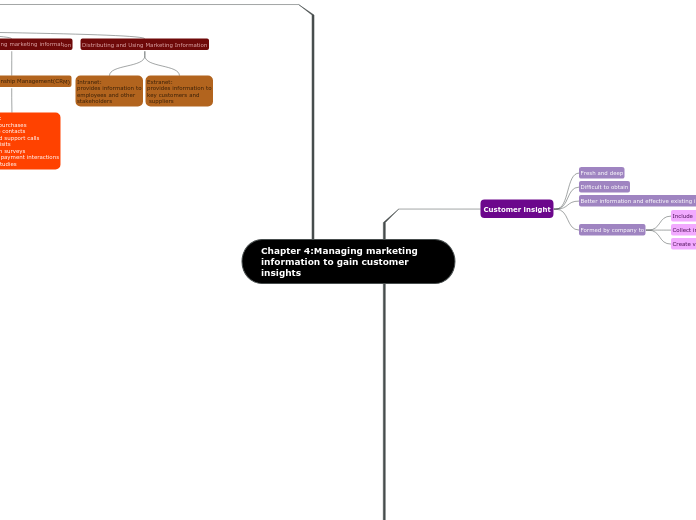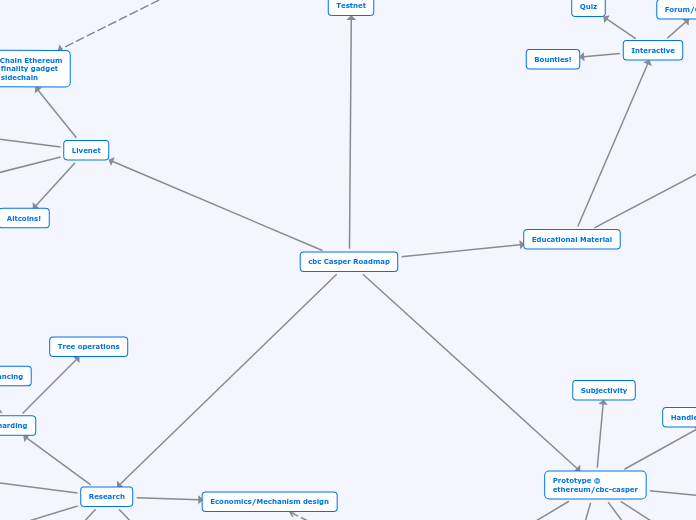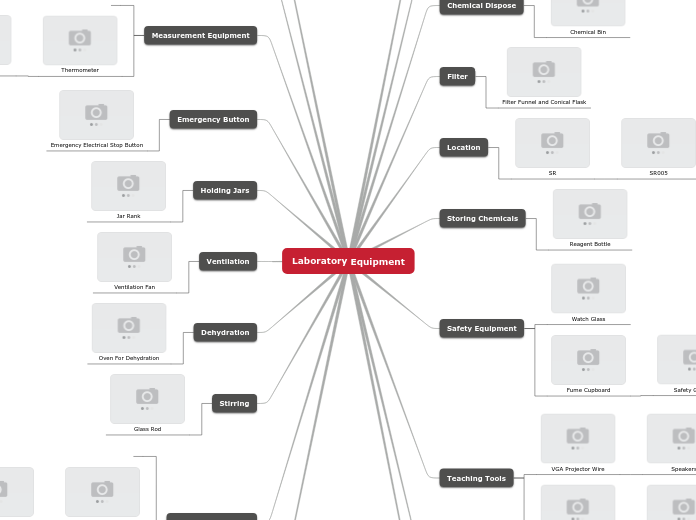da Teh Yi-Lynn mancano 2 anni
105
HUMAN ETHICS GUIDELINES
Upholding privacy and confidentiality is crucial in human ethics, especially when managing confidential client information. All staff, including trainees and colleagues, must thoroughly understand and comply with the established protocols to ensure information is processed, stored, and recorded securely, preventing any unintended disclosure.









